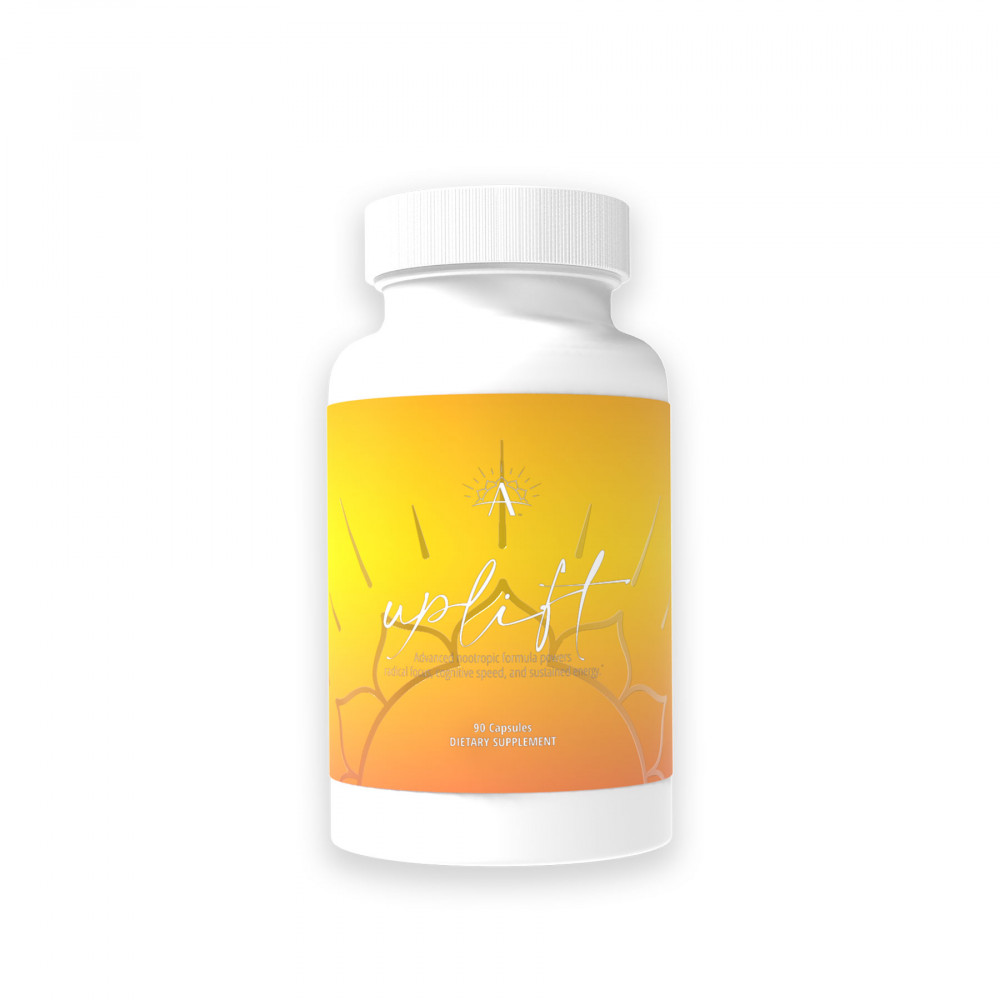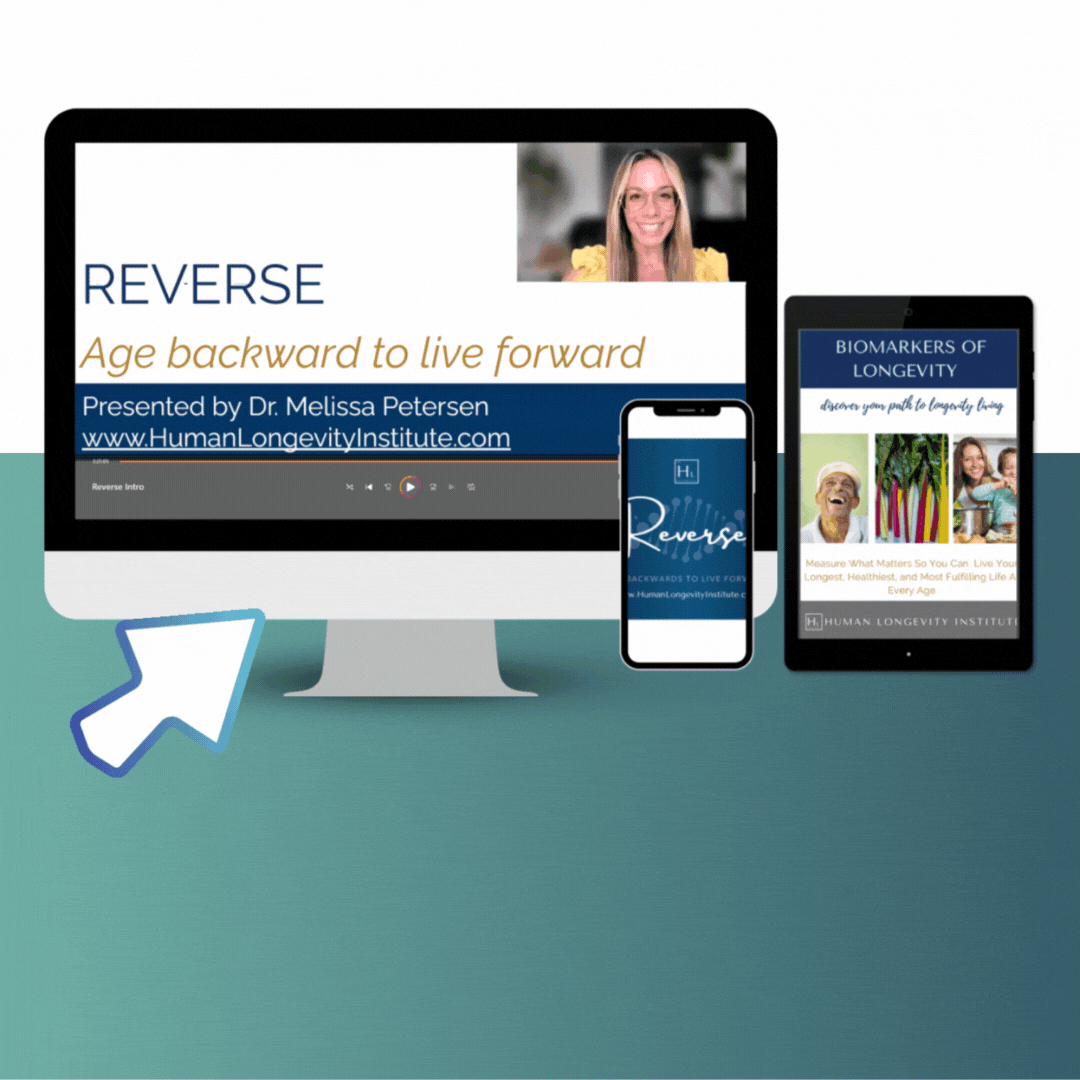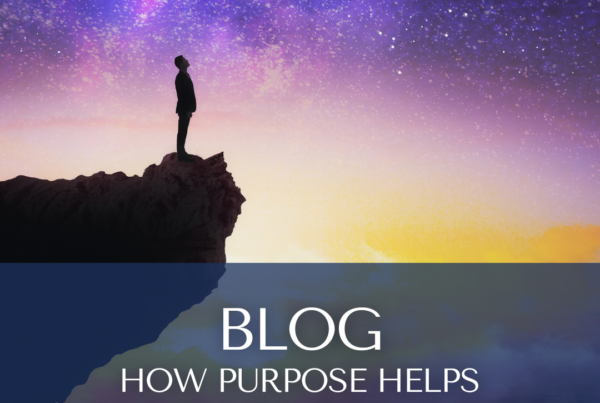If you have ever found yourself feeling drained and depleted, looking for a brain boost, you will love today’s article.
We all have a brain and regardless of age, sex or creed, we all need it to work because when it works well, so do you!
Your brain on requires 20% of the energy your body uses a day. But if you are finding yourself struggling mentally, emotionally and or cognitively that is a sign that your brain isn’t getting what it fully needs.
From your mood being off, anxiety setting in, fatigue and brain fog clouding your ability to think and be at your best, these are all signs that the brain is trying to let you know it needs fuel to keep up with the demands that are being placed on it.
But, let’s be clear on the type of fuel.
You see, even though it can be easy to reach for a monster or afternoon coffee, grabbing something sugary to give your system a jolt, this is not the fuel your brain is needing. These short-term quick fixes may give a fast jolt but come with long-term lows to your brain and body health.
But knowing how to break free from this vicious cycle can be a challenge. That’s why today, we wanted to share with you a window into the types of solutions that can help your brain think, feel and perform at its best.
There is a category of molecules that specifically support brain health, performance, memory, mood, and overall function called Nootropics.
Nootropics are substances known for their cognitive-enhancing properties, and they might just be the clean energy solution we need. They can include a wide range of substances, from natural compounds like herbs and amino acids to synthetic drugs.
These substances are commonly used to enhance mental performance, increase focus, and support overall brain health. This is one of the fastest growing areas of product development in the supplement industry yet, the downside is many formulas have caffeine and even nicotine that give a short boost with a long-term dirty energy crash.
This is why it’s essential to know what ingredients to look for to ensure you are getting the clean energy results your brain needs to function at its best.
Caffeine Has a Dirty Secret…
It’s in too many brain-boosting formulas that come with a serious cost!
Caffeine isn’t what you think.
Yes, you may reach for it in the morning or for an afternoon pick-me-up to gain a quick burst of energy and alertness. But do you feel the crash?
Do you find yourself needing more and more?
Or maybe you are one of the 60% that is a slow metabolizer so even with only 2 cups of coffee, the caffeine can be in your system for 12-72 hours agitating you, creating irritability, jitteriness, anxiousness, and sleep disruption hours later.
Ever wonder why?
Caffeine isn’t what actually gives you the boost.
The effects come when caffeine is finally metabolized and broken down into its 3 metabolites, Paraxanthine (80%), Theobromine (5%), and Theophylline(15%). (1)
Paraxanthine is where all of the energy, focus, performance, and neuroprotective properties come from.
BYPASS THE BAD>>> GET TO THE GOOD
Paraxanthine stands out for its clean, sustained energy as it is found in the research to be thermogenic, aiding in breaking down fat for fuel in the body, increasing dopamine production for motivation and focus, raising BDNF levels in the brain with use over time and offering and remarkable neuroprotective properties. (1)
In simpler terms, while caffeine provides the initial buzz, it’s paraxanthine that holds the key to smoother, more enduring focus and cognitive support, without the rollercoaster ride of caffeine’s ups and downs.
Nootropics that Work!
See the before and after of the EEG- Neural Check on the Shawn Wells Nootropic Formula, Uplift.
Dr. Porter ( inventor of Braintap and renowned brain/biohacker) said he has never seen a nootropic effect the brain this significantly, this fast.
The scan showed in less than 30 minutes, the neurometabolic reading went from a 42 to a 67 and the brainwaves changed radically from high delta to alpha, beta a nd even gamma ( neuroprotective- highly creative state of mental performance).
nd even gamma ( neuroprotective- highly creative state of mental performance).
In the images on the left, you see imaging of a brain and its brainwave state. In image 1, you can see the red and orange sections of the brain, which indicates the brain is in a state of stress.
Directly below, in image 2, you’ll see Delta and Theta brainwaves are significantly spiked, and the brain is unbalanced. This is an indicator of major brain fog. Delta waves are the slowest brainwaves and are associated with deep sleep. But this is a daytime scan! So, if your brain is in a state of sleep, but you are trying to function, you can see where the brain fog comes in.
Here’s where it gets crazy fascinating.
After taking Uplift, a second scan was done only an hour later, and as you can see in image 3, we see a fully balanced brain! To achieve a balanced brain, the psycho-emotional state index score needs to be at least 50 or higher.
This brain started out at 42 and amped up to 67 with Uplift!
And… as you can see in image 4, the Delta, Theta and Alpha waves are balanced, with a significant increase in Beta and Gamma waves. Beta waves are associated with active, analytical thought and alertness. Gamma waves are the fastest brainwaves and are associated with high-level cognitive processing, learning, and memory.
>>>>> These are the brainwaves we want to be highly activated during our productive hours!
What does this mean? In simple terms,Uplift helped turn a foggy, sleepy brain into an analytical, creative, problem-solving powerhouse!
What to Look For In Your Nootropic
Here are some of the most widely researched ingredients found in brain health nootropic formulas. The key is to ensure they are in clinical dosages for optimal results.
Nootropic ingredients can have a wide range of cognitive-enhancing effects. The best ones for improving brain health and cognitive function are those that have been extensively studied and shown to be safe and effective.
Here are some of the most well-regarded nootropic ingredients:
- Pa
 raxanthine is a metabolite of caffeine, and it has gained attention for its unique benefits to include improved cognition and short-term memory, sustained attention, improved mood, increased nitric oxide levels, lipolysis for fat burning, improved endurance and performance levels supporting both cognitive and metabolic health. (3) (2)
raxanthine is a metabolite of caffeine, and it has gained attention for its unique benefits to include improved cognition and short-term memory, sustained attention, improved mood, increased nitric oxide levels, lipolysis for fat burning, improved endurance and performance levels supporting both cognitive and metabolic health. (3) (2) - Alpha-GPC (Alpha-Glycerophosphocholine): This cholinergic compound is a precursor to acetylcholine, a neurotransmitter important for memory and learning. Alpha-GPC is used to support cognitive function, especially in older adults.
- L-Tyrosine: An amino acid that supports the production of neurotransmitters like dopamine and norepinephrine, L-Tyrosine can improve focus, alertness, and cognitive function, especially in stressful situations.
- Curcumin: The active compound in turmeric, curcumin has anti-inflammatory and antioxidant properties. It may support brain health, reduce cognitive decline, and improve mood.
- Rhodiola Rosea: An adaptogenic herb, Rhodiola can help the body adapt to stress. It’s known for reducing fatigue, enhancing mental performance, and improving mood.
- L-Theanine: Found in tea, L-Theanine is known for its ability to promote relaxation and reduce stress and anxiety, often when paired with caffeine. It can enhance attention and focus.
- Bacopa Monnieri: Bacopa is an herb with a long history in traditional medicine. It is believed to enhance memory, reduce anxiety, and improve cognitive function. It’s a common ingredient in nootropic supplements.
- Ginkgo Biloba: Ginkgo is an herb that’s often used to enhance memory and cognitive function. It may improve blood flow to the brain, promoting better brain health.
- Omega-3 Fatty Acids: These essential fats are important for brain health and function. They can help improve cognitive function, and mood, and may slow age-related cognitive decline.
- Huperzine A: This compound is a cholinesterase inhibitor, which means it can increase acetylcholine levels in the brain. It’s used to enhance memory and cognitive function.
- B12 and Folate are involved in the synthesis of neurotransmitters like serotonin and dopamine. These neurotransmitters play a significant role in regulating mood and overall cognitive function.
But nootropics aren’t the only thing your brain needs.
Here are some of my favorite brain-boosting lifestyle practices to keep you thinking, feeling and performing at your peak!
>Get 1-5 minutes of direct morning sunlight in your eyes each day. This increases the amount of Serotonin and Dopamine your brain makes for added motivation and well-being. (4 )
>>>Take 10 minutes a day to slow your breathing. Simply by closing your eyes, relaxing your body and breathing slowly in and out through your nose you will lower your heart rate and can help your brainwaves shift out of overactive Beta into a coherent Alpha state of presence and flow. (5 )
>>> Move your body daily. Get up, get out and get moving. When you engage in regular exercise you increase the release of dopamine for improved motivation, memory and mood. Plus you improve your metabolic and hormonal health so you can think better, feel better and look even better than you already do! (6)>>> Make sleep a priority! Be sure to get 7-9 hours a night. Ideally be in bed by 11 at the latest. Sleep is when you consolidate and integrate memories as well as detox the brain, lower inflammation and repair and heal for long term brain and body health.
Put It All Together…
- Get Up, Get Sun, Get Moving
- Put Down Your Coffee! Ideally have 8-12 ounces to enjoy your morning ritual and then be done.
- Pick Up Paraxanthine in the Exclusive Nootropic Formula- Uplift by Shawn Wells. Take between 10 am -2 pm for optimal brain boosting, performance enhancing, energy-producing effects that last through the day.
- Wind down with the dark and get a great night’s sleep- this is a critical time for your brain to detox and clear out any plaques while integrating and consolidating your memory for long-term brain health.
Now it’s your turn. Take action so you can think better, feel better, and live better longer, starting today!
Yours in Longevity Living-
Dr. M
Get your Uplift Nootropic brain-boosting, motivation-making, performance-enhancing solution by clicking here.
Subscribe to the Awakend Mind- powered by Braintap app for guided breathwork, meditation and brainwave peak performance daily sessions by clicking here.
- Szlapinski Sandra K., Charrette Andrew, Guthrie Najla, Hilmas Corey J. Paraxanthine safety and comparison to caffeine. Frontiers in Toxicology. Vol, 5 2023. https://www.frontiersin.org/articles/10.3389/ftox.2023.1117729
- Yoo C, Xing D, Gonzalez D, Jenkins V, Nottingham K, Dickerson B, Leonard M, Ko J, Faries M, Kephart W, Purpura M, Jäger R, Wells SD, Sowinski R, Rasmussen CJ, Kreider RB. Acute Paraxanthine Ingestion Improves Cognition and Short-Term Memory and Helps Sustain Attention in a Double-Blind, Placebo-Controlled, Crossover Trial. Nutrients. 2021 Nov 9;13(11):3980. doi: 10.3390/nu13113980. PMID: 34836235; PMCID: PMC8622427.
- Jäger R, Purpura M, Wells SD, Liao K, Godavarthi A. Paraxanthine Supplementation Increases Muscle Mass, Strength, and Endurance in Mice. Nutrients. 2022 Feb 20;14(4):893. doi: 10.3390/nu14040893. PMID: 35215543; PMCID: PMC8875973.
- Kim J, Jang S, Choe HK, Chung S, Son GH, Kim K. Implications of Circadian Rhythm in Dopamine and Mood Regulation. Mol Cells. 2017 Jul 31;40(7):450-456. doi: 10.14348/molcells.2017.0065. Epub 2017 Jul 31. PMID: 28780783; PMCID: PMC5547214.
- Boyadzhieva A, Kayhan E. Keeping the Breath in Mind: Respiration, Neural Oscillations, and the Free Energy Principle. Front Neurosci. 2021 Jun 29;15:647579. doi: 10.3389/fnins.2021.647579. PMID: 34267621; PMCID: PMC8275985.
- Mualem R, Leisman G, Zbedat Y, Ganem S, Mualem O, Amaria M, Kozle A, Khayat-Moughrabi S, Ornai A. The Effect of Movement on Cognitive Performance. Front Public Health. 2018 Apr 20;6:100. doi: 10.3389/fpubh.2018.00100. PMID: 29732367; PMCID: PMC5919946.







